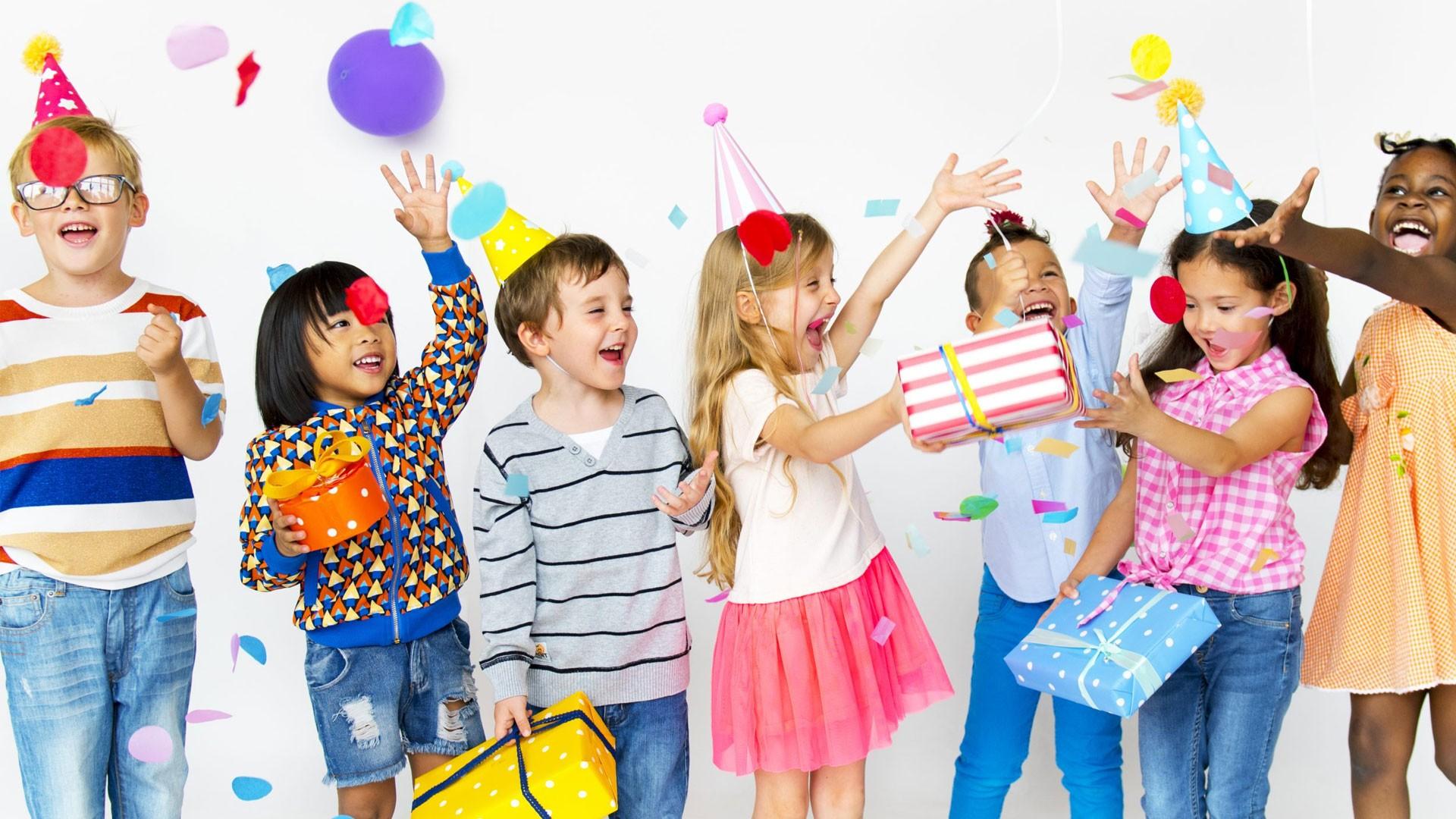Montessori vs Traditional Education: What's the Difference?
Montessori education and traditional education are two distinct approaches to teaching and learning. Here are some key differences between the two:
Curriculum and Teaching Methods: Montessori education emphasizes selfdirected learning and hands-on exploration, while traditional education relies on teacher-led instruction and a standardized curriculum.
Classroom Environment: Montessori classrooms are designed to promote independent learning and often have mixed-age groups, while traditional classrooms typically have one teacher and students of the same age.



Role of the Teacher: In Montessori education, the teacher acts as a facilitator and guide, while in traditional education, the teacher is the primary source of information and instruction.
Assessment and Evaluation: Montessori education emphasizes continuous assessment and observation of a child's progress, while traditional education relies on tests and grades.



Socialization: Montessori education focuses on developing the whole child, including social and emotional development, while traditional education primarily focuses on academic achievement.
Learning Goals: Montessori education aims to develop a child's natural curiosity, independence, and love of learning, while traditional education focuses on achieving academic benchmarks.
Classroom Materials: Montessori education uses a wide variety of hands-on materials that are designed to promote exploration and discovery, while traditional education relies more on textbooks and lectures.



Learning Pace: Montessori education allows children to work at their own pace, while traditional education often has a set pace for all students to follow.
Discipline: Montessori education focuses on promoting self-discipline and responsibility, while traditional education often relies on external discipline measures like rewards and punishments.
Parental Involvement: Montessori education encourages parental involvement in a child's education and provides opportunities for parents to participate in the classroom, while traditional education may have less opportunities for parental involvement.



Classroom Size: Montessori classrooms are often smaller and have a lower student-to-teacher ratio, while traditional classrooms may have more students per teacher.
Multi-Sensory Learning: Montessori education emphasizes multi-sensory learning and engages all of a child's senses in the learning process, while traditional education may rely more on visual and auditory learning.
Overall, both Montessori education and traditional education have their own unique strengths and weaknesses. It is important to consider the individual needs and learning style of each child when deciding which approach to choose.



In conclusion, choosing the right educational approach for your child is an important decision. When it comes to Montessori education, it offers a unique and effective approach that emphasizes independent learning, selfdiscovery, and holistic development. In Anaheim, CA, there are many Montessori schools that offer high-quality education and a supportive learning environment, such as Buena Park Montessori. By choosing a Montessori school in Anaheim, CA, you can give your child the opportunity to develop a love for learning, cultivate their curiosity, and build a strong foundation for their future academic and personal success.



